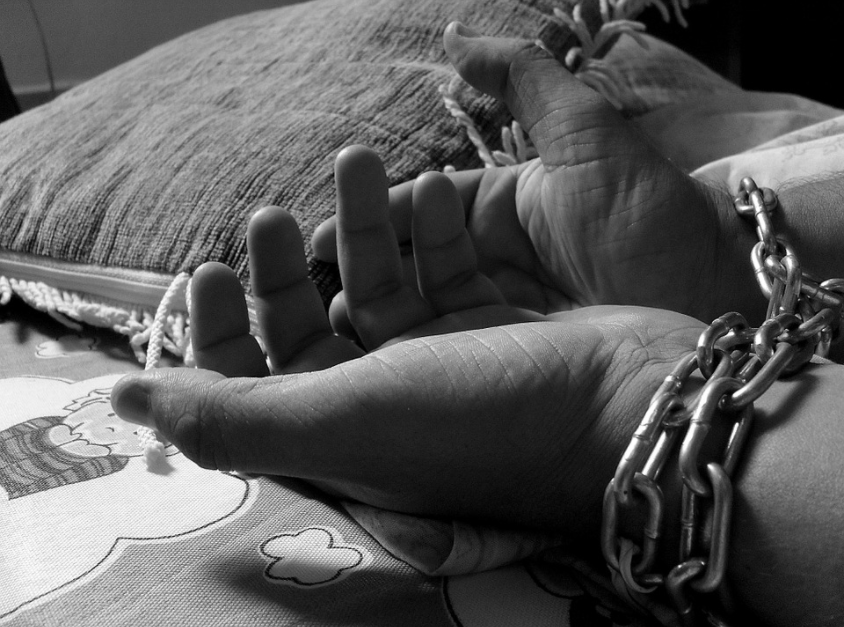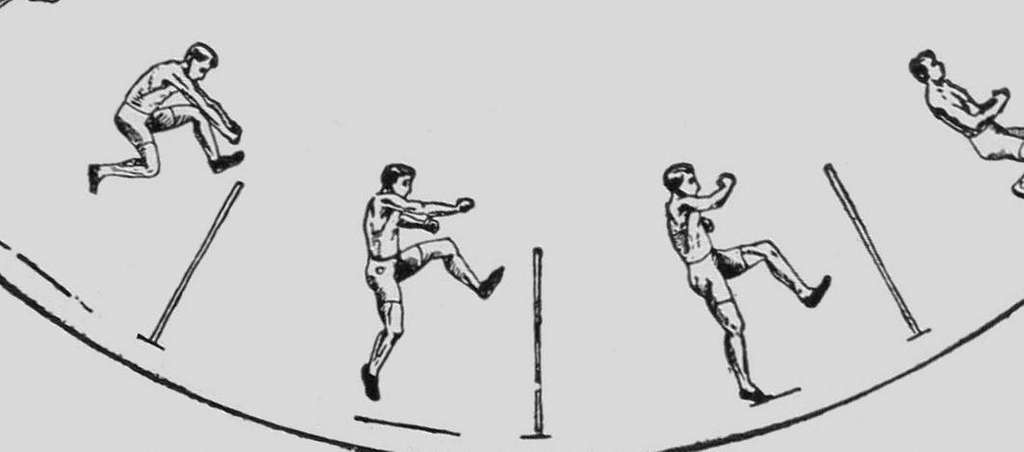Becoming aware of human trafficking
Chained up, this modern day slave is a victim of human trafficking. Human trafficking affects millions around the globe today.
January 15, 2018
January is National Slavery and Human Trafficking Prevention month, and education is key to prevention. Human trafficking is a modern day form of slavery. Approximately eighty percent of human trafficking involves sexual exploitation, while about nineteen percent involves labor exploitation. There are around twenty to thirty million slaves in the world today. Twelve to fourteen is the average age that most teens enter the sex trade, most of which are runaway girls who were sexually abused as children. Human trafficking is the third largest crime industry in the world. Between 14,500 and 17,500 people are trafficked into the United States each year and the average cost of a slave today is ninety dollars.
Sex traffickers use violence, threats, and lies to lure adults and children to engage in commercial sex acts against their will. Any minor under the age of eighteen years forced into commercial sex is a victim of sex trafficking. Senior Antonio Bafia said, “The amount of human trafficking going on in the United States alone is horrifying. Just thinking about how much happens around the world disgusts me.”
The circumstances that sex trafficking victims face vary dramatically. Some victims become romantically involved with someone who then forces or manipulates them into prostitution. Others are lured in with false promises of a job, such as modeling or dancing. Some are forced to sell sex by their parents or other family members. They may be involved in a trafficking situation for a few days, weeks, or even years.
Common types of labor trafficking include people being forced to work as servants, farmers, or factory workers. All of these jobs provide little to no pay. Often times, the products and supplies bought at stores were a part of labor trafficking. By supporting fair pay for workers and basing shopping decisions on the treatment of those who make our products, consumers have the power to reduce the demand for labor trafficking.
There are ways to prevent it in your community. Simply starting a fundraiser and donating to anti-trafficking efforts is one way. You can also call the National Human Trafficking Hotline if you have suspicions of someone being trafficked.












